Lady Violet Manners, 29, is set to be passed over for her younger brother, Charles Manners, Marquess of Granby, 23, in inheriting their father’s title.
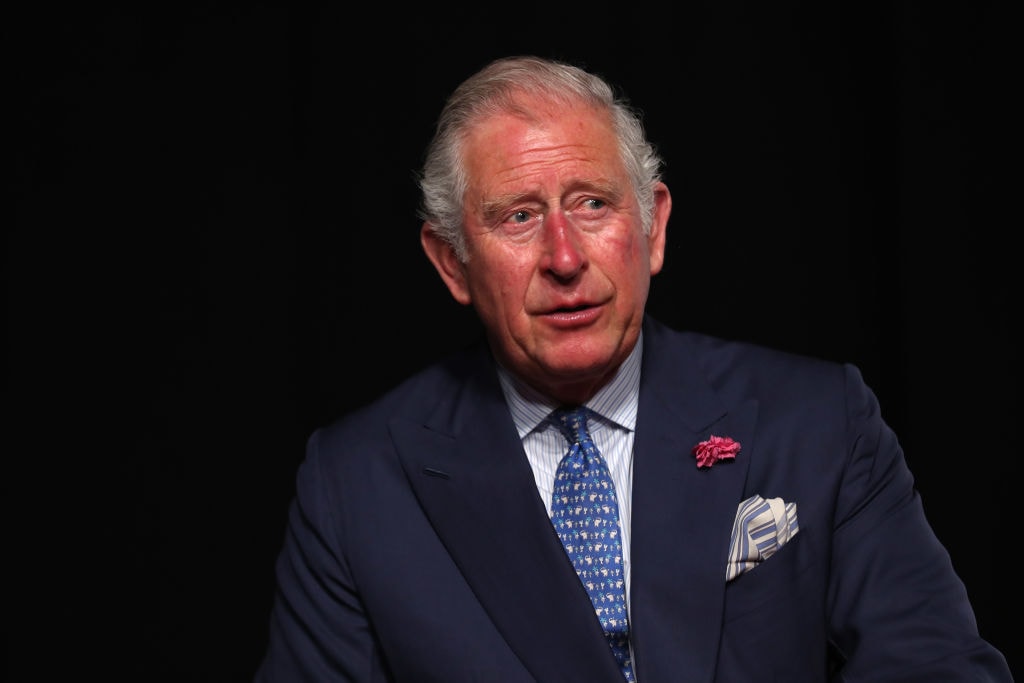
The Duke and Duchess of Rutland’s eldest daughter won’t be the only blue-blooded woman sidelined by the archaic rule of male primogeniture.
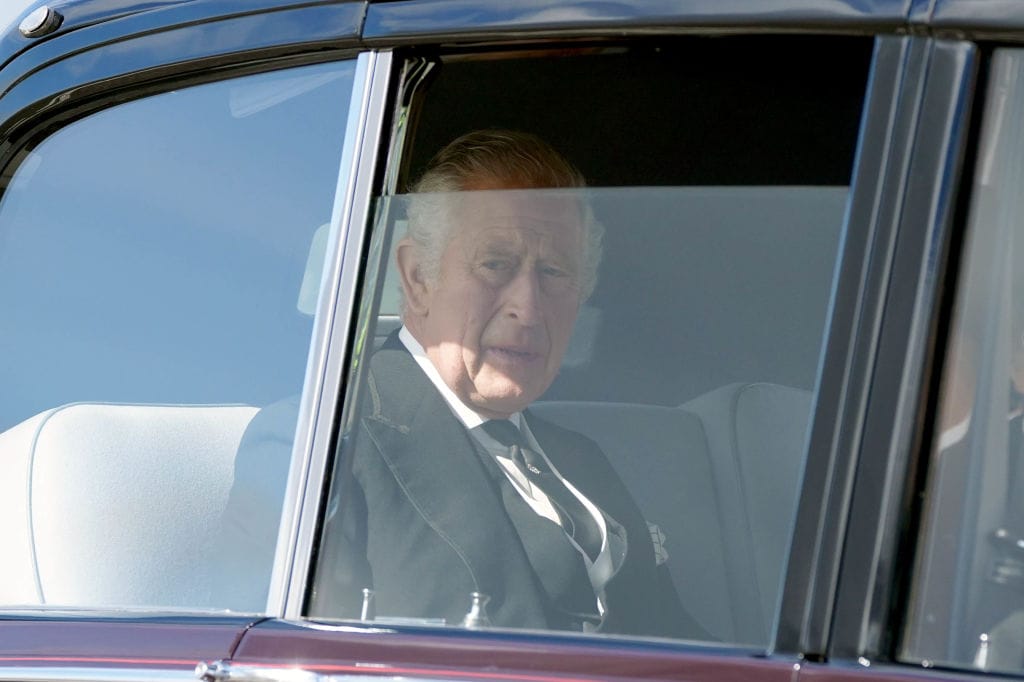
The Duke of Northumberland’s title will similarly bypass his 40-year-old daughter, Lady Katie, in favor of her younger brother, George Percy, Earl Percy, 38.
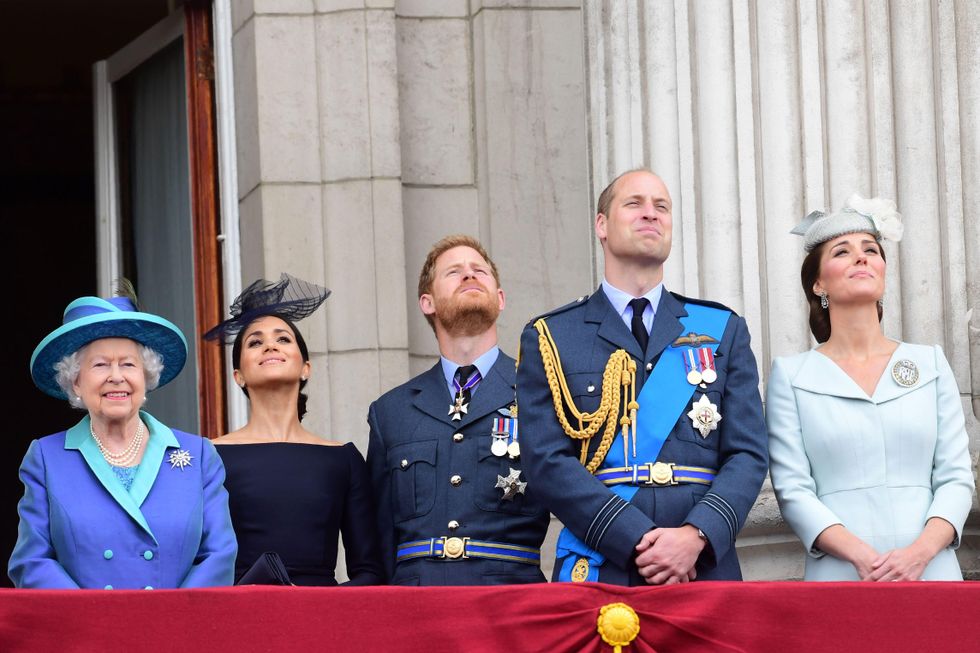
This age-old tradition of male succession has sparked a European-wide campaign known as Daughters’ Rights, pushing for gender equality in aristocratic inheritance.
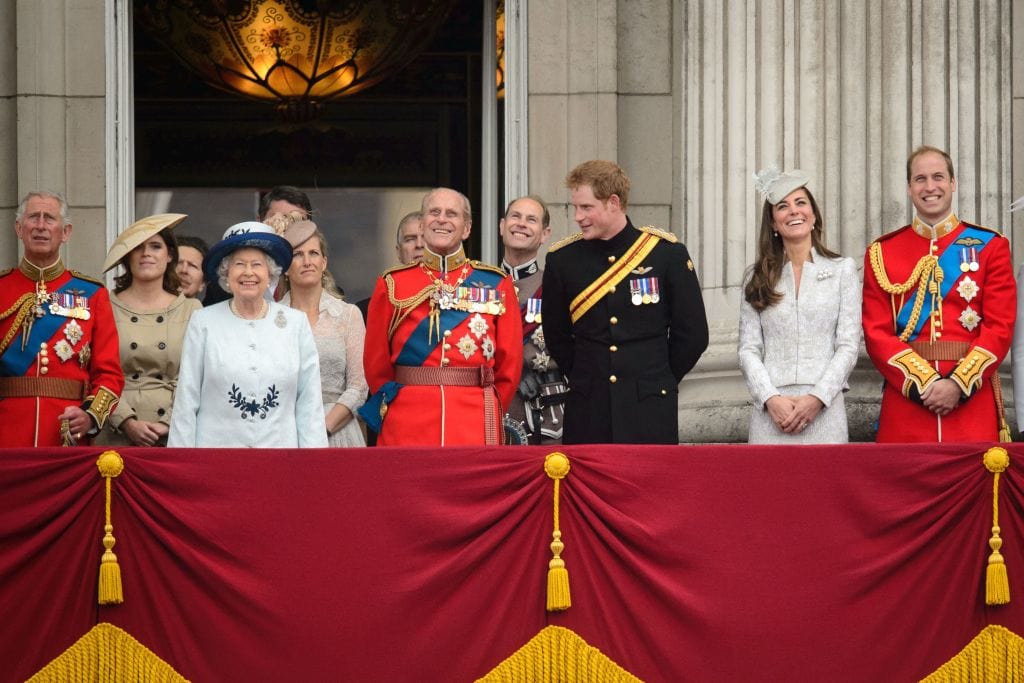
Among the campaign’s prominent supporters is Catherine FitzGerald, the wife of actor Dominic West, who stands to inherit her father Desmond’s title, Knight of Glin.
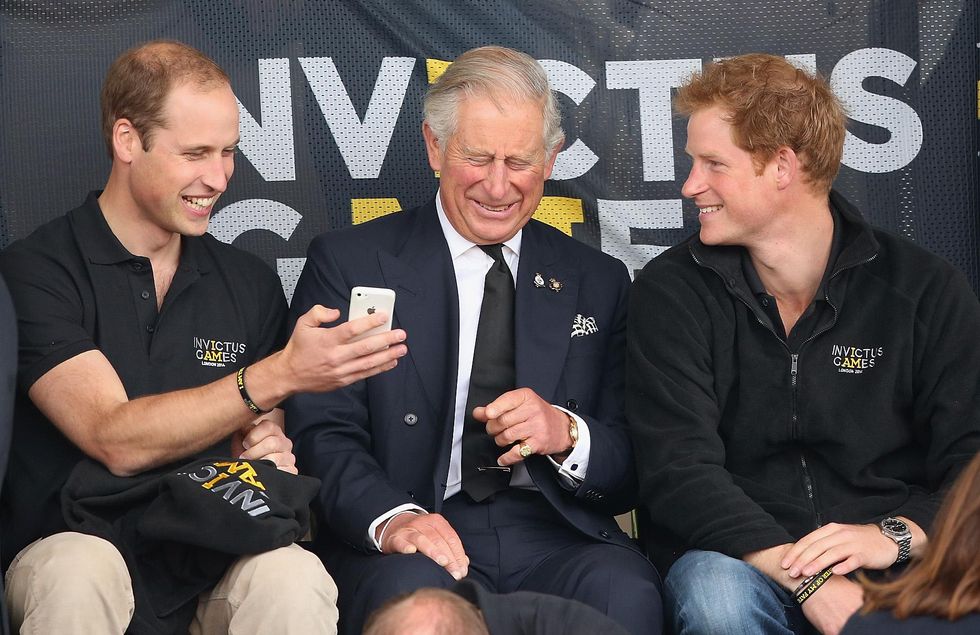
The movement is gaining traction, attracting both aristocrats and political figures.
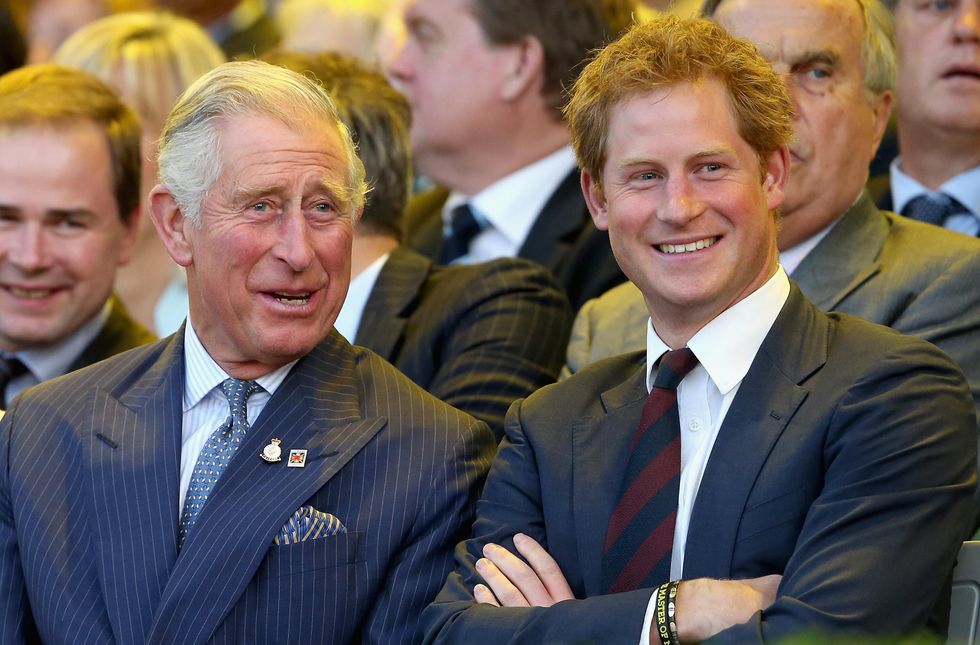
Former Prime Minister David Cameron once declared that the idea of a younger son outranking an elder daughter for the throne is no longer acceptable.
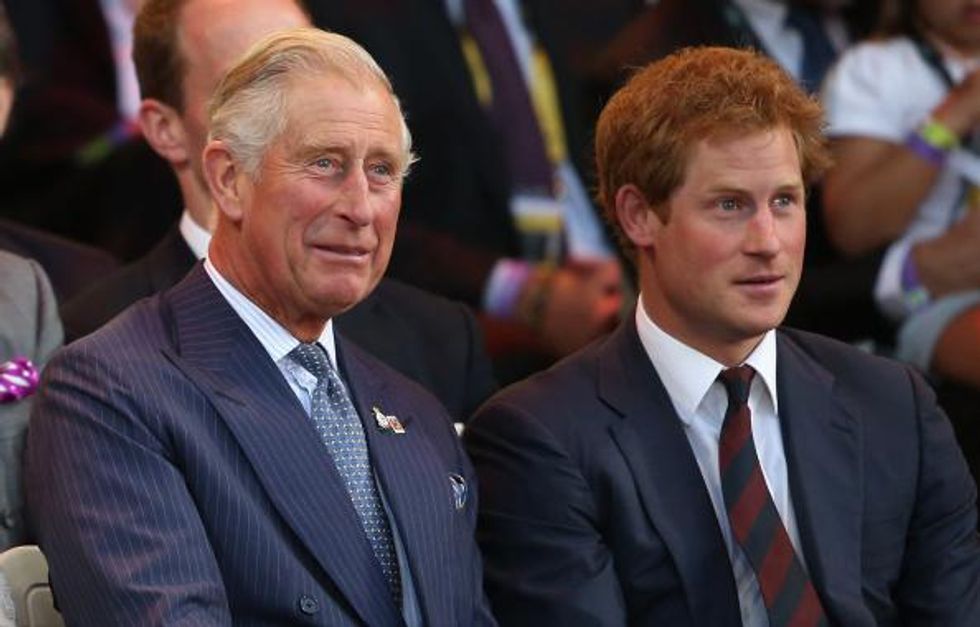
Boris Johnson, another former Prime Minister, reportedly initiated a review of male primogeniture to promote gender equality in Parliament.
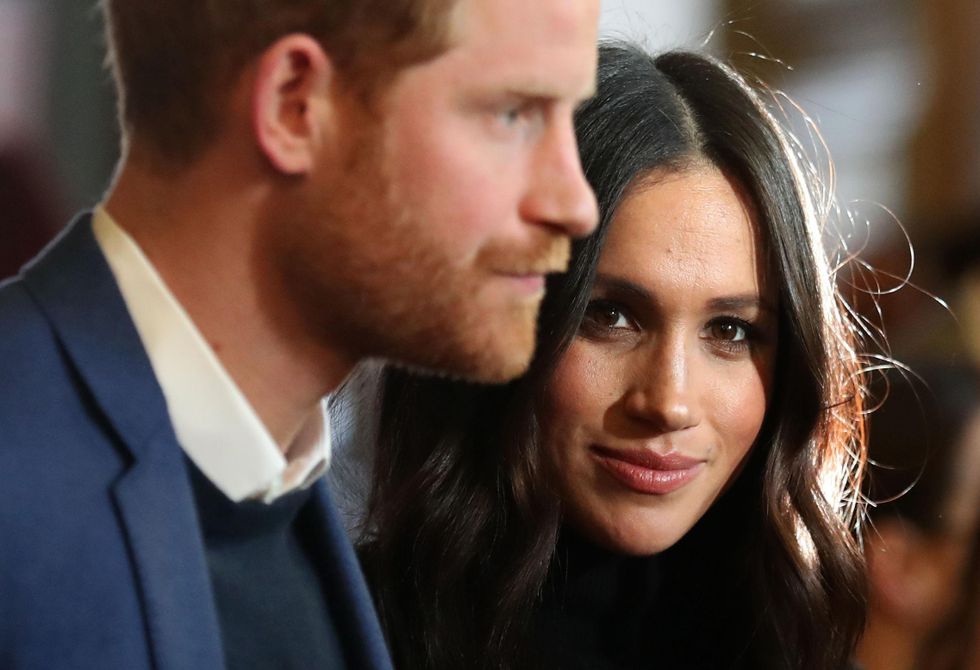
However, not everyone is ready to abandon tradition. Earl Spencer, 58, insists on passing his title to his son Louis, bypassing his eldest daughter, Kitty.
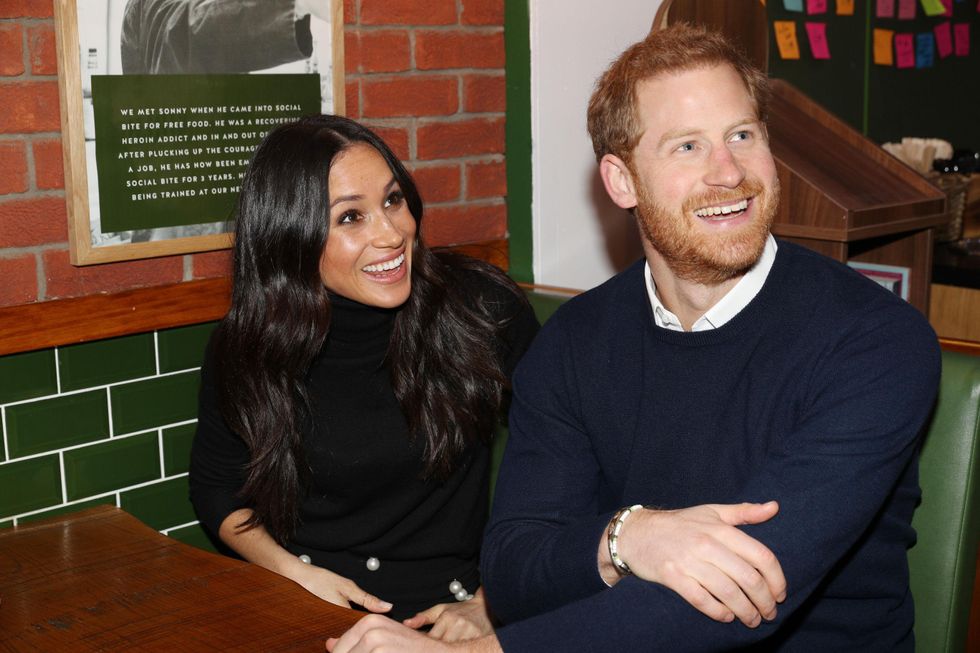
“If I chose Kitty, it would be against all the tradition that goes with Althorp,” he remarked in 2015, defending the principle of primogeniture.
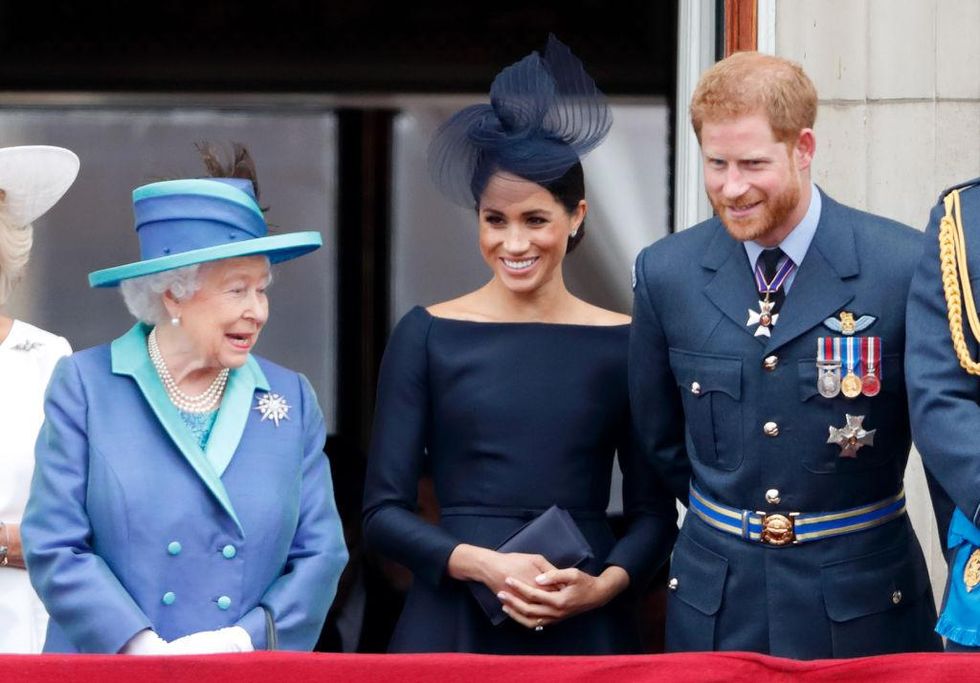
“I get the problems with it as a concept. But it has kept the estate intact.”
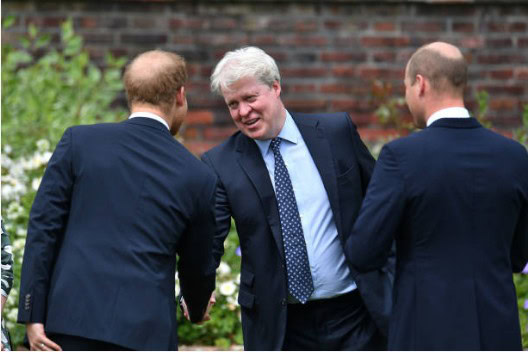
Earl Spencer’s stance is also practical. He has seven children from three marriages, and dividing the estate could become complex.
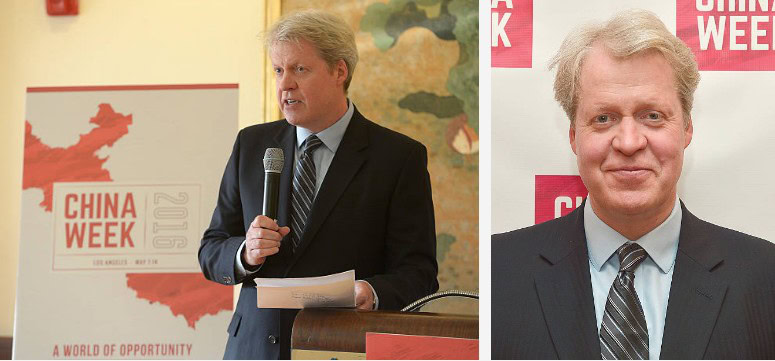
Despite this, Louis shares a close bond with his sisters, evidenced when he walked Kitty down the aisle at her wedding.
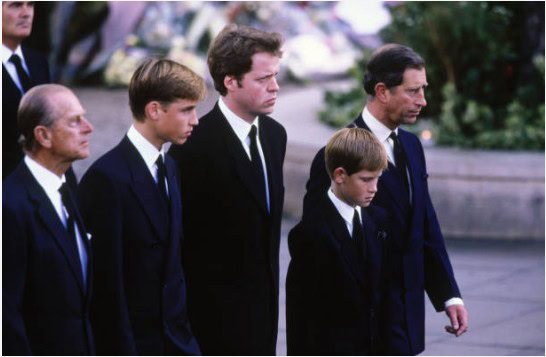
The Spencer siblings enjoyed a privileged yet private upbringing in Cape Town, where their parents moved in 1995 to shield them from public scrutiny.
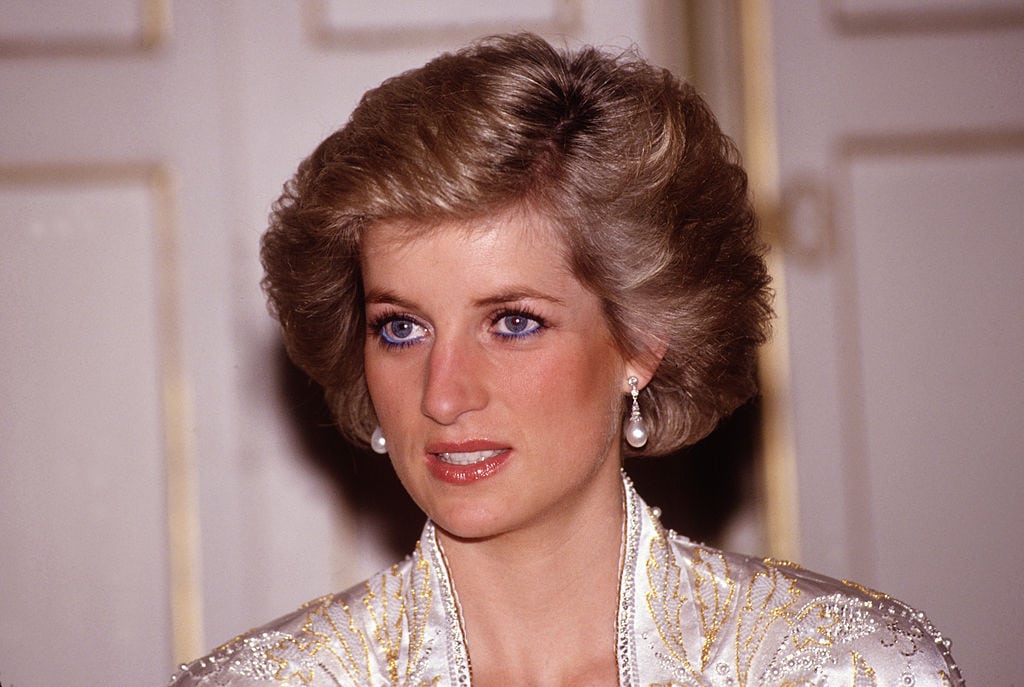
Their parents divorced in December 1997, shortly after Princess Diana’s tragic death, and Charles Spencer returned to the UK.
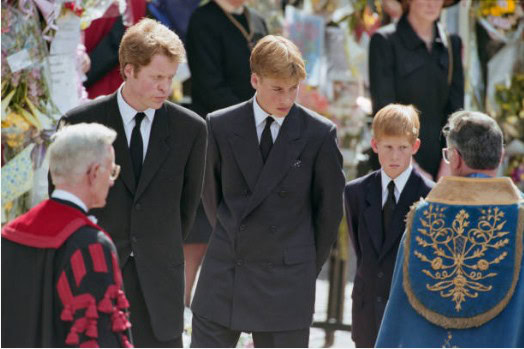
Louis remained largely out of the spotlight during his youth, with few public appearances.
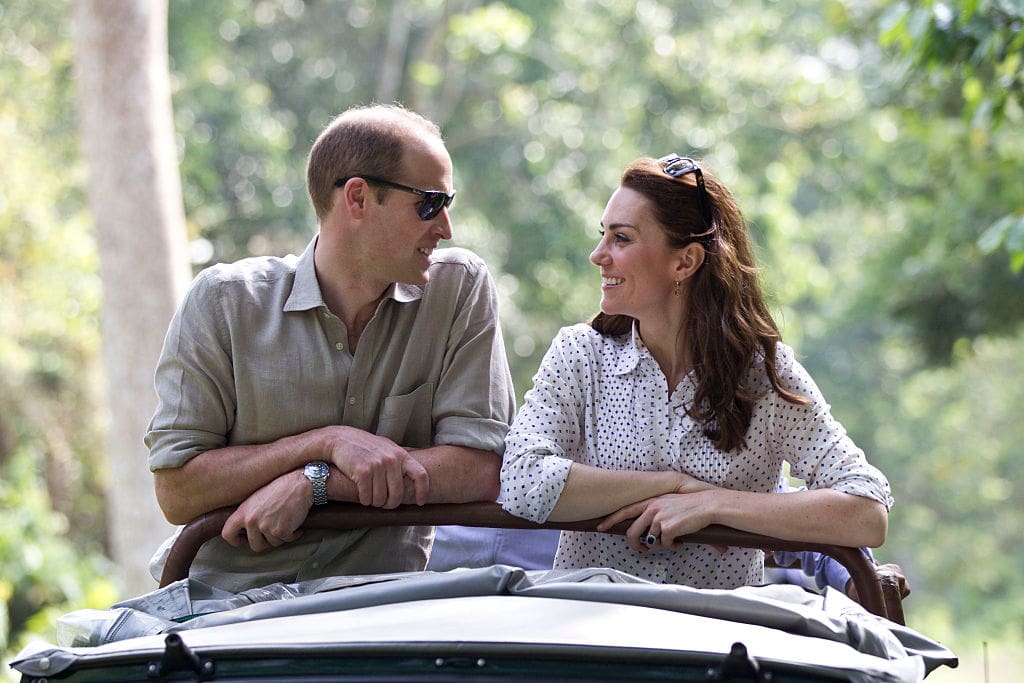
His first high-profile outing was at Prince William and Kate Middleton’s wedding in April 2011, though he was overshadowed by his glamorous older sisters.
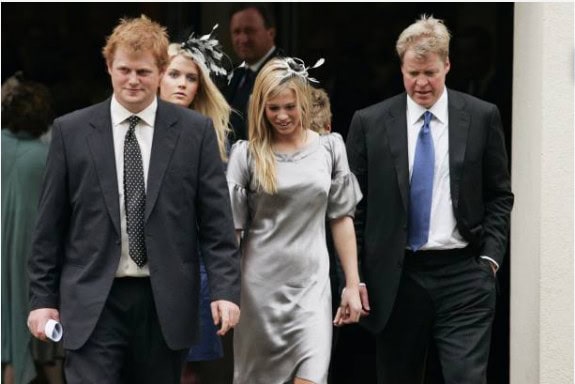
Four years later, Louis made a surprising appearance on Nicki Minaj’s Instagram, arm-in-arm with the rapper, who joked about their “wedding photo.”
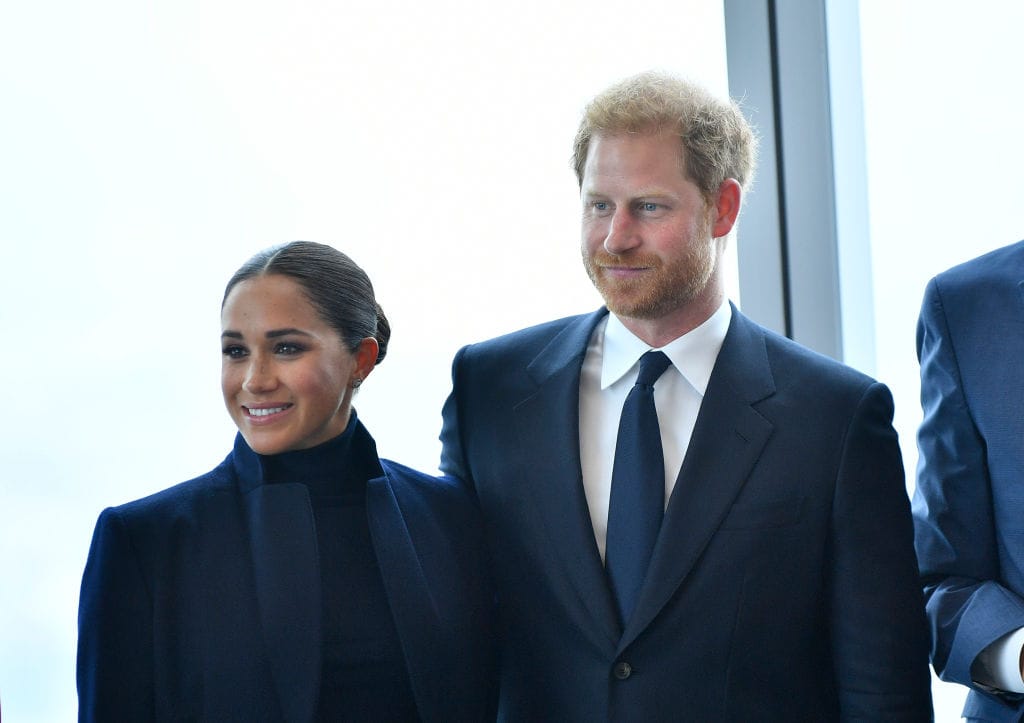
Louis truly stepped into the limelight at Prince Harry and Meghan Markle’s wedding in 2018, attending with his mother and sisters.
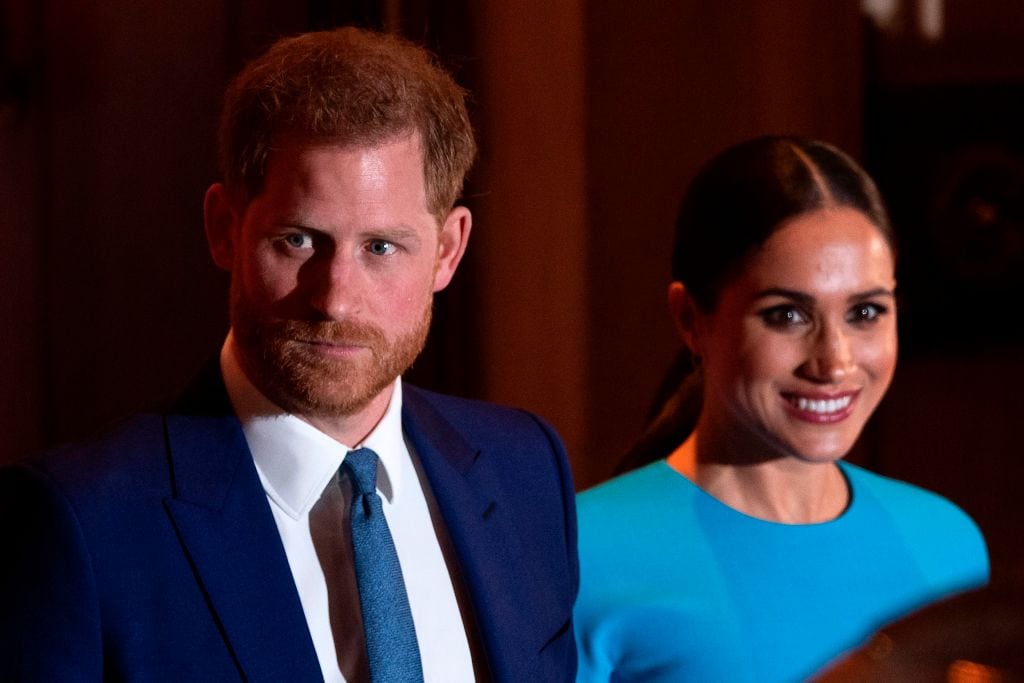
Looking dapper in a morning suit, he became an unexpected star of the day, earning numerous playful marriage proposals online.
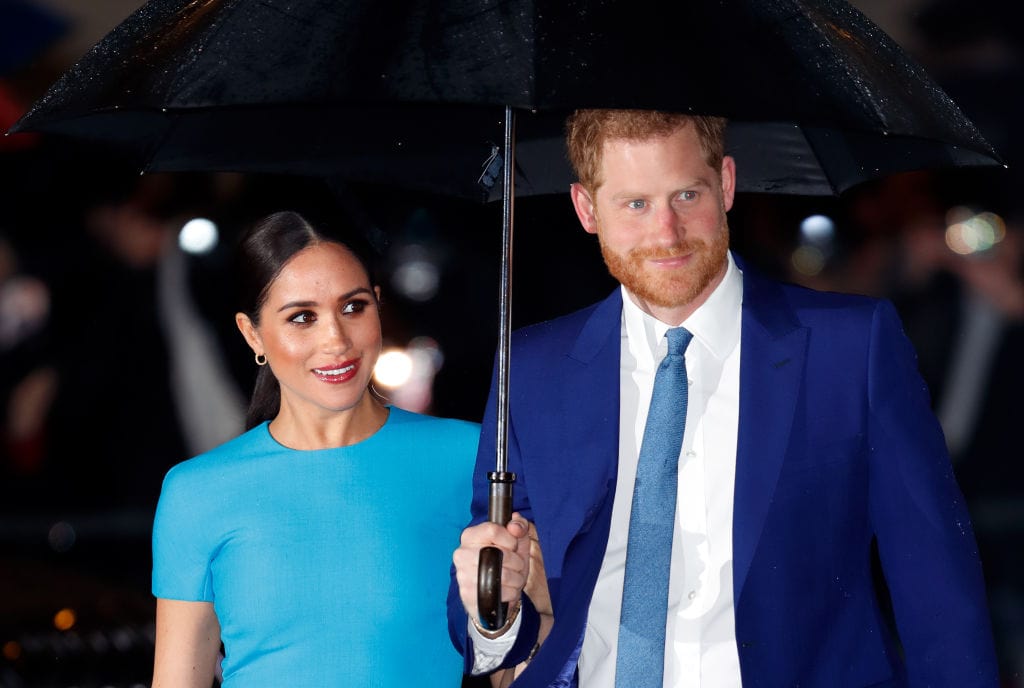
His resemblance to Prince Harry led to the nickname “Harry Lite,” and Tatler named him one of the world’s most eligible bachelors.
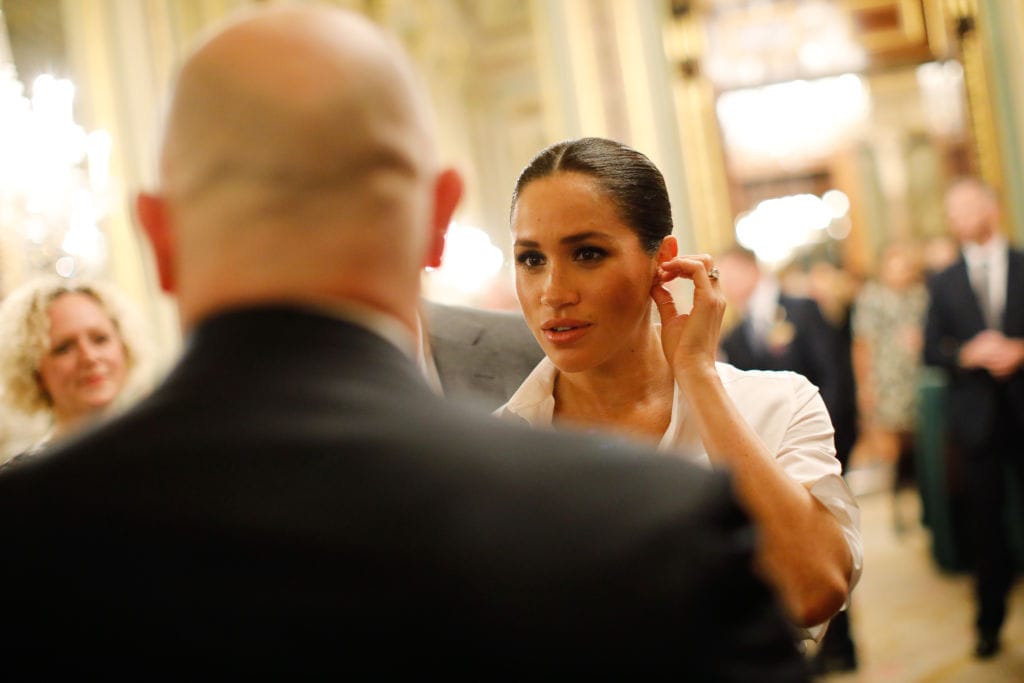
Louis’s family connections and good looks might benefit him as he pursues his acting dreams.
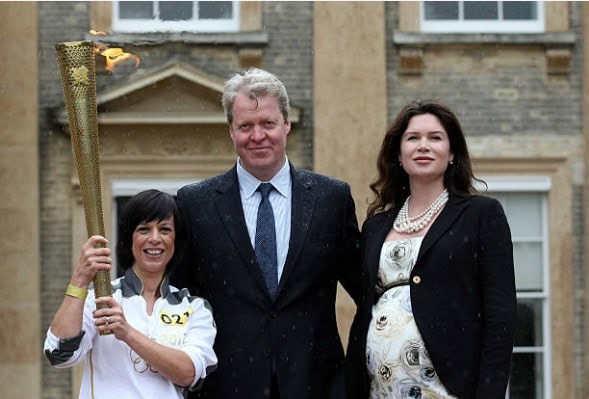
In 2019, Earl Spencer shared that Louis was living in London, attending drama school, and working hard to achieve his acting ambitions.
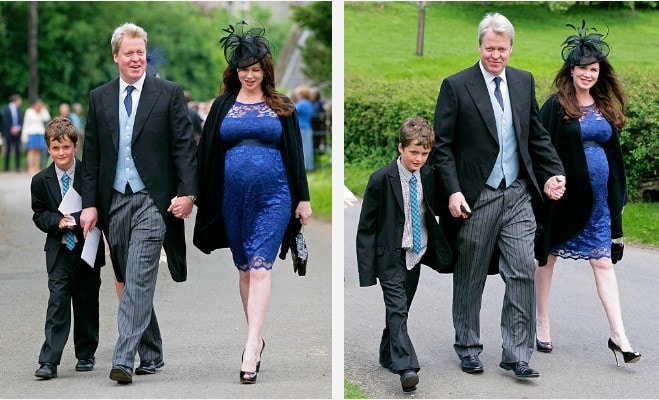
The question remains how Louis will balance his potential acting career with the responsibility of managing Althorp when the time comes.
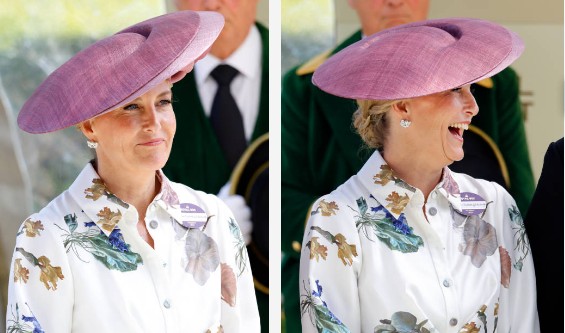
Lady Violet Manners and other women in similar positions are fighting for their rightful inheritance, but societal and familial traditions remain significant obstacles.

Lady Violet, educated at the prestigious Queen Margaret’s School, continues to make strides in her career as a model and fashion ambassador.
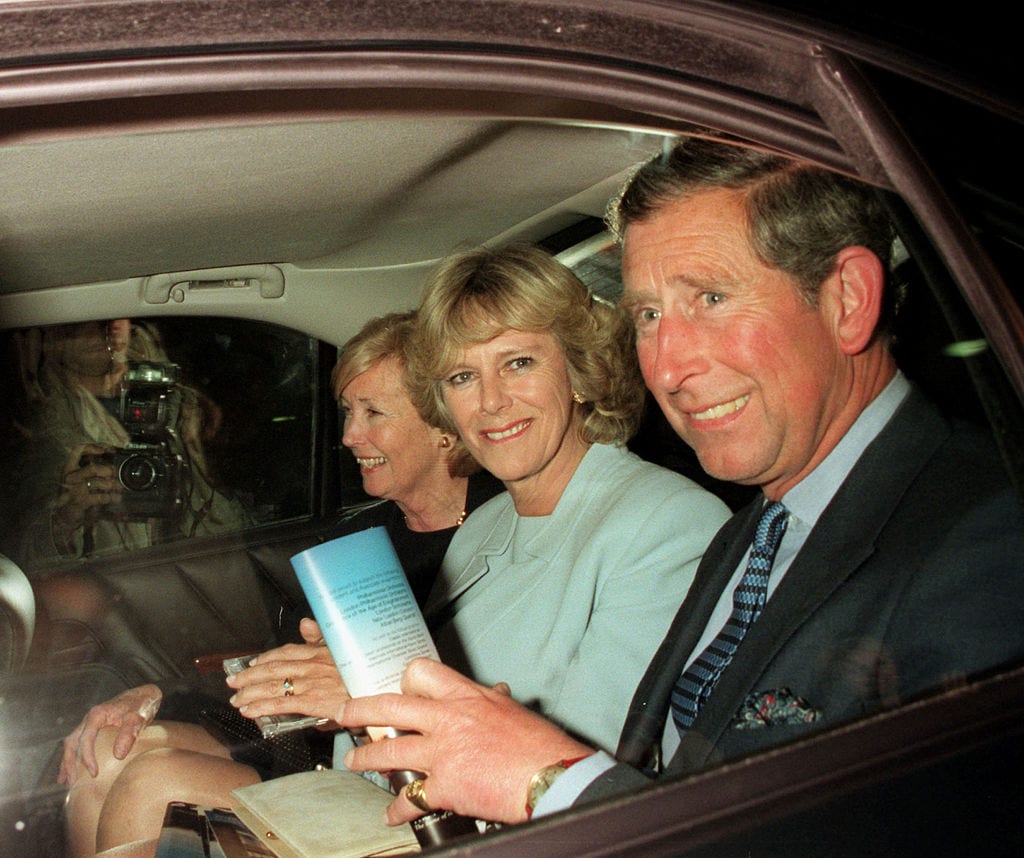
Her younger brother Charles, already being groomed for his future role, is seen by some as an embodiment of the ongoing gender inequality.
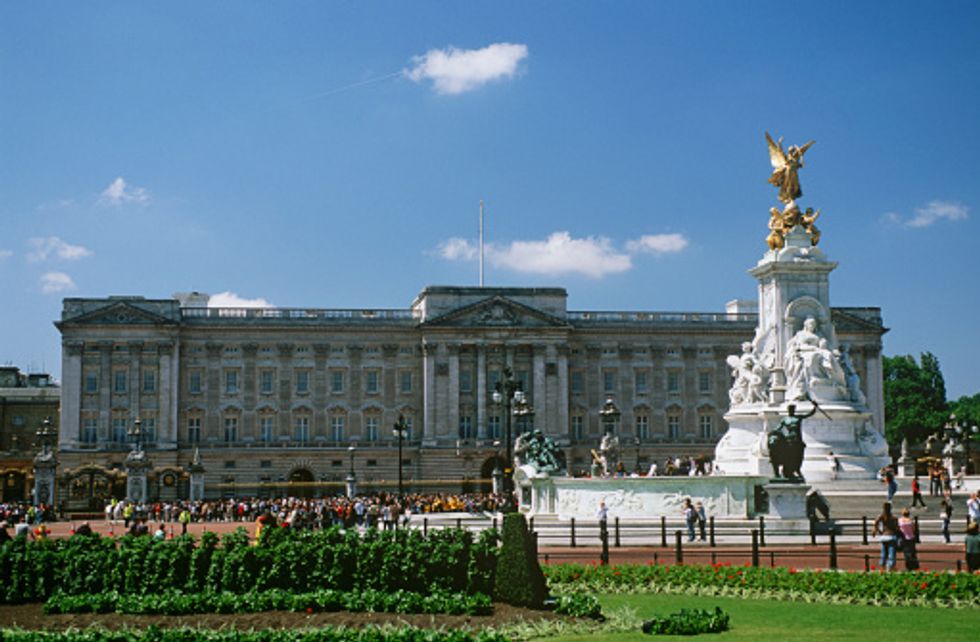
The Daughters’ Rights campaign highlights the growing discontent among aristocratic women over these outdated succession laws.

With Catherine FitzGerald among its high-profile advocates, the movement is gaining momentum across Europe.
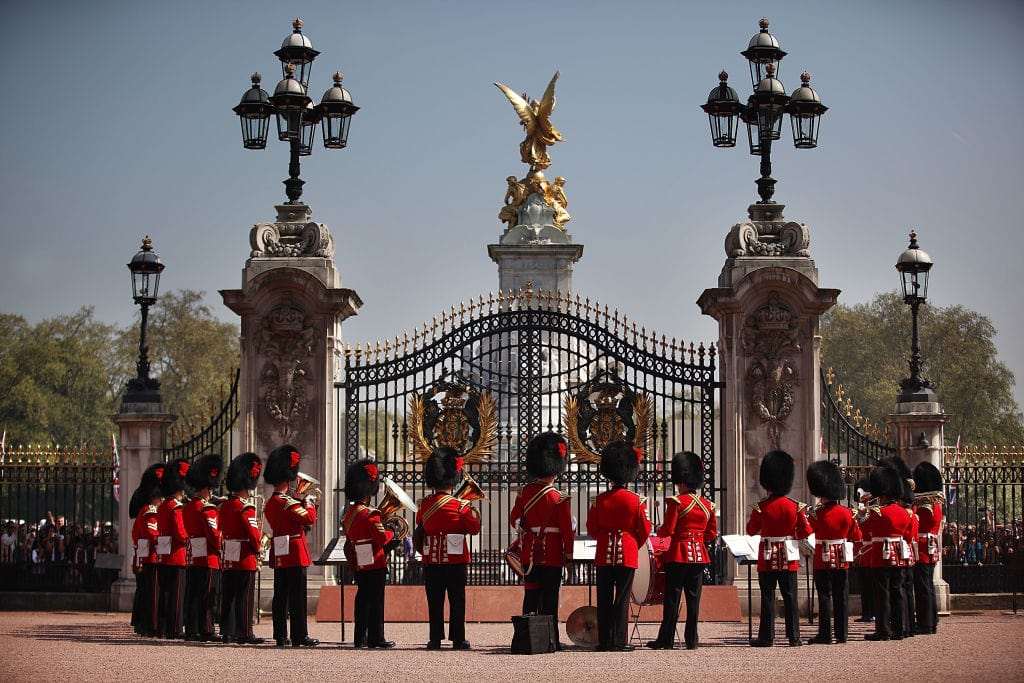
Catherine, a landscape designer, has a vested interest in securing her father’s title, seeking justice for women like herself.
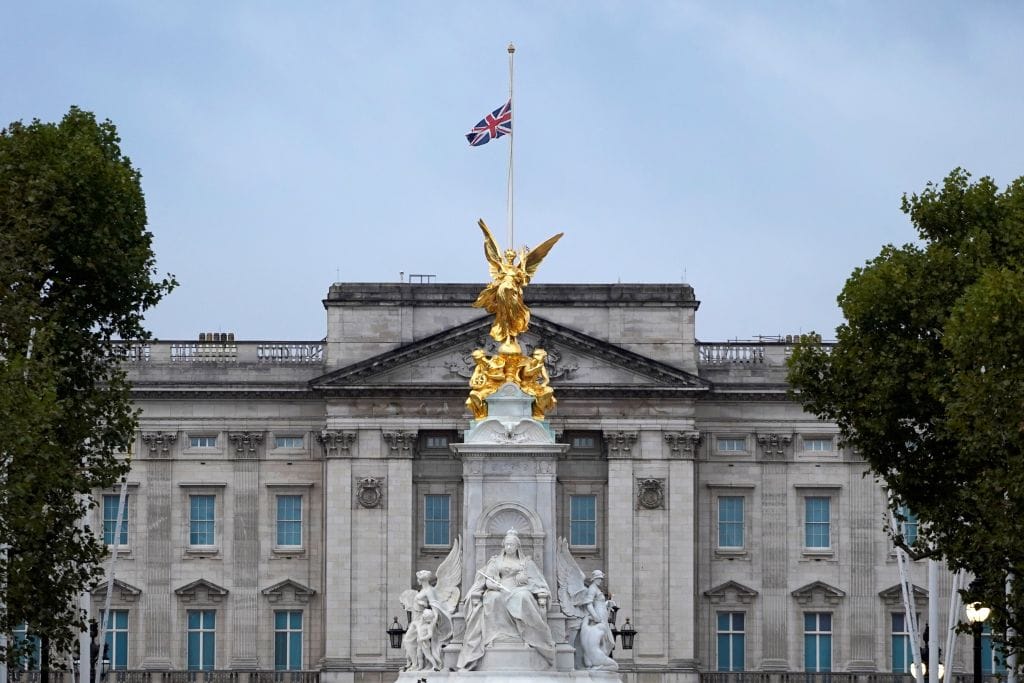
Political backing, such as Cameron’s and Johnson’s previous comments, suggests that change could be on the horizon.
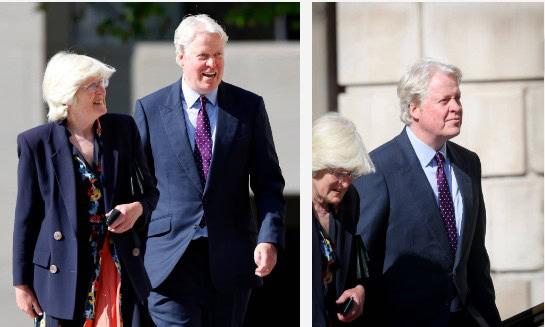
Yet, traditionalists like Earl Spencer show that resistance to change is still strong.
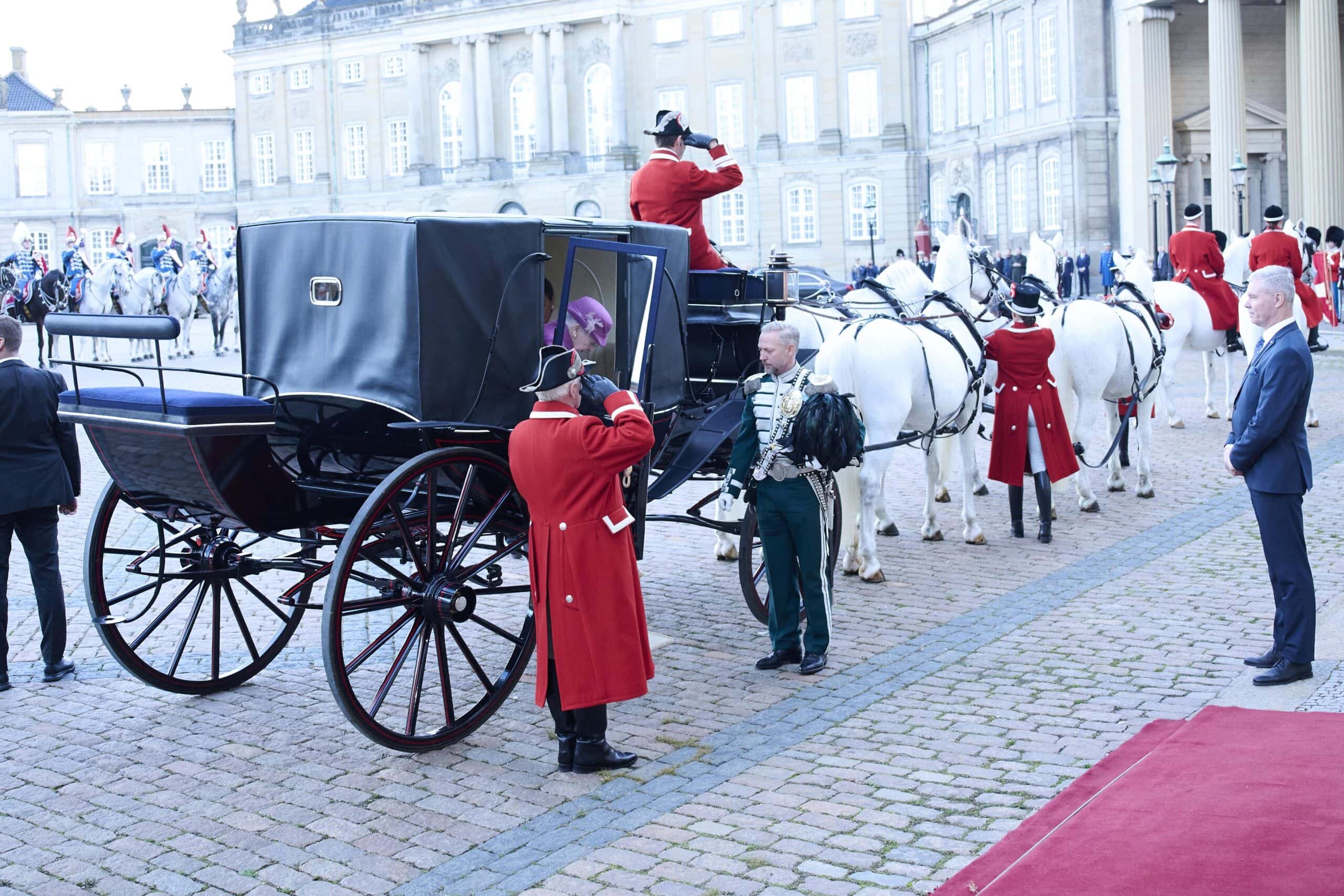
The debate around male primogeniture isn’t just about titles but about the broader fight for gender equality.
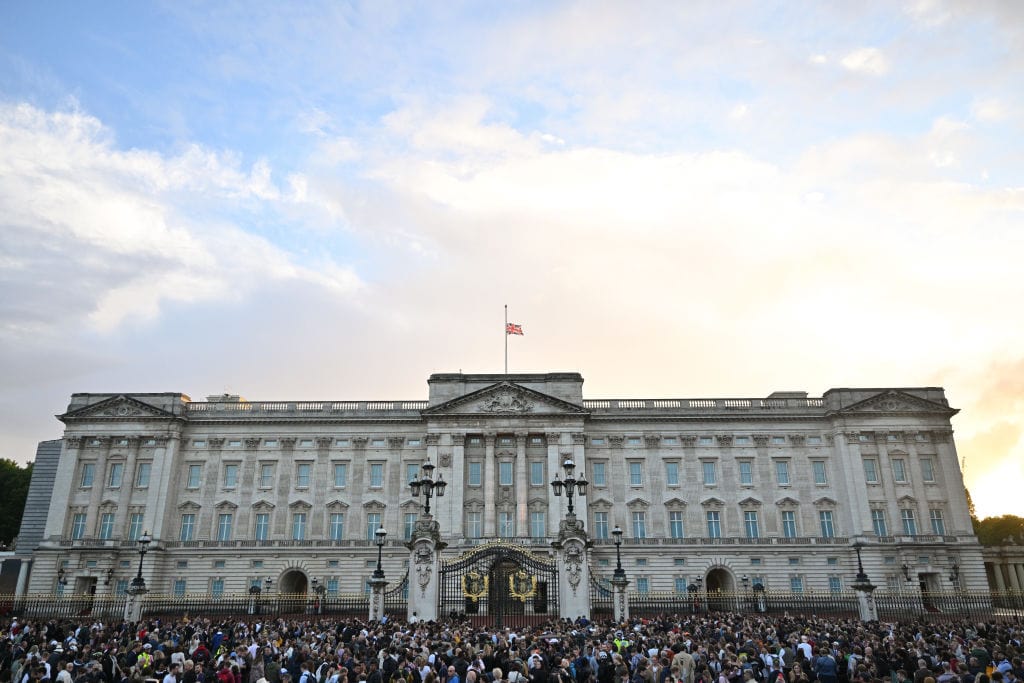
This issue has stirred significant media attention, with supporters and critics voicing their opinions.
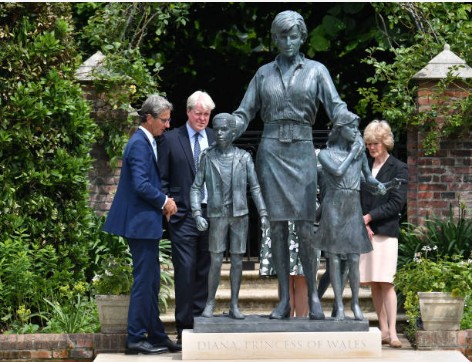
Earl Spencer’s adherence to tradition, despite modern societal shifts, underscores the complexity of changing deeply ingrained practices.
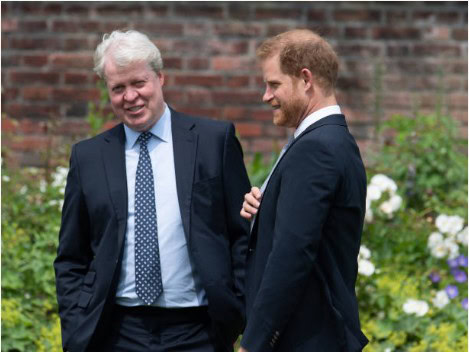
His decision to keep Althorp intact through primogeniture reflects the balancing act between heritage and modern values.
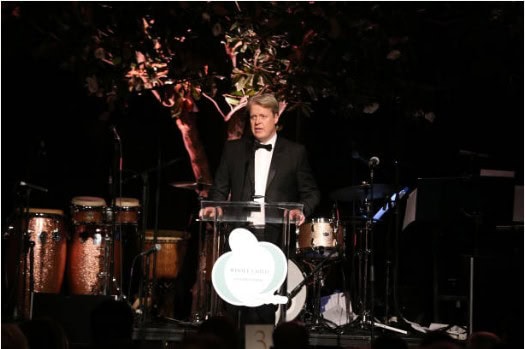
The personal stories of Louis Spencer and Lady Violet Manners highlight the human element behind the titles and estates.
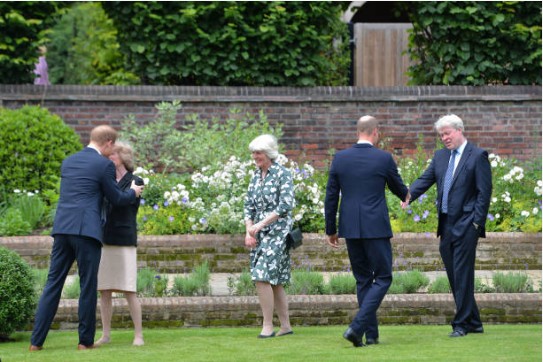
Louis, balancing his dreams and future responsibilities, symbolizes the intersection of tradition and contemporary aspirations.
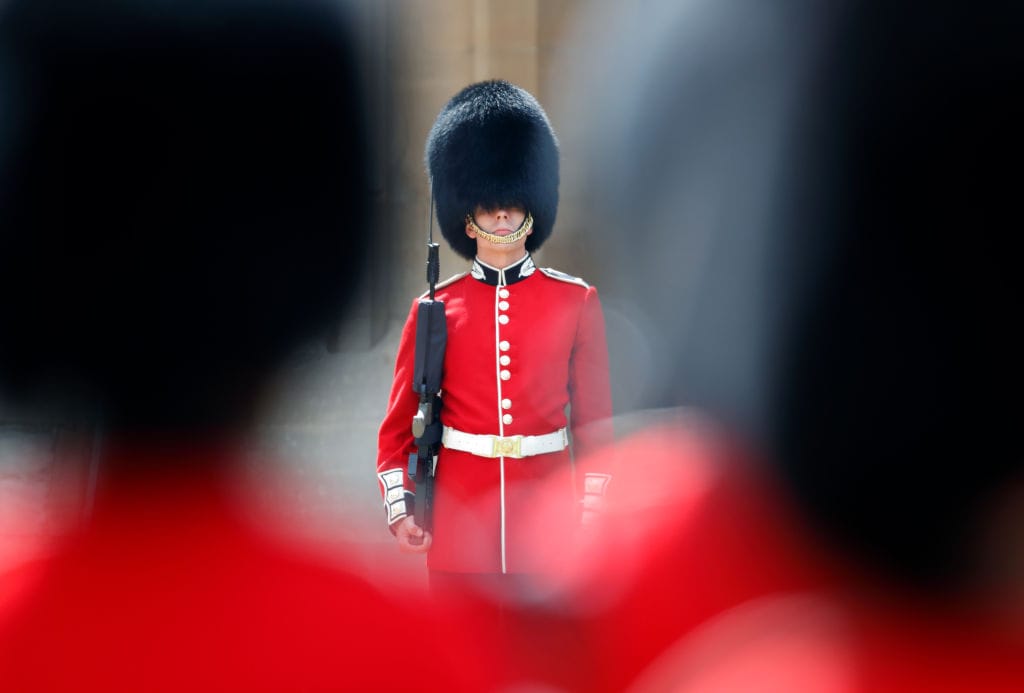
Lady Violet, striving for recognition and equality, embodies the spirit of modern aristocratic women challenging the status quo.
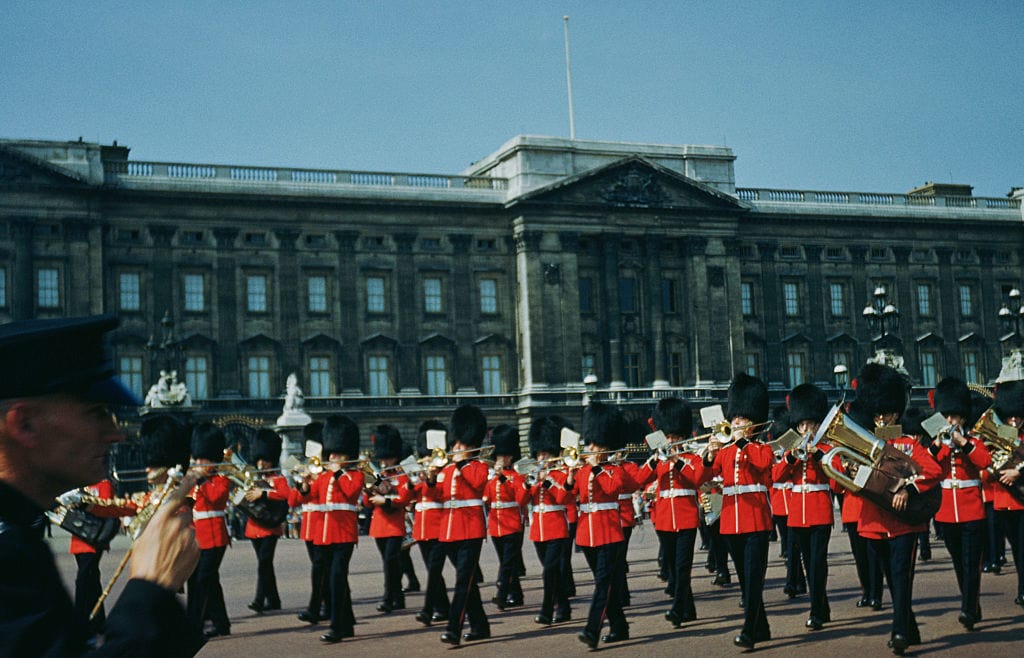
The future of these noble families remains uncertain as they navigate these societal changes.
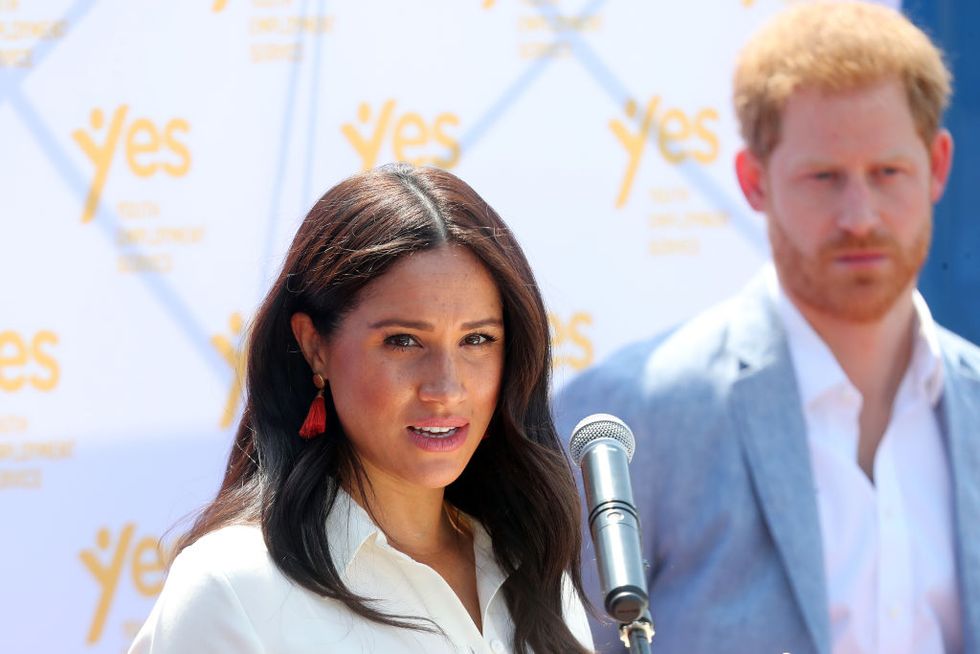
The push for gender equality in inheritance laws represents a broader cultural shift.

Lady Violet and her supporters continue to fight for their rights, determined to bring about change.
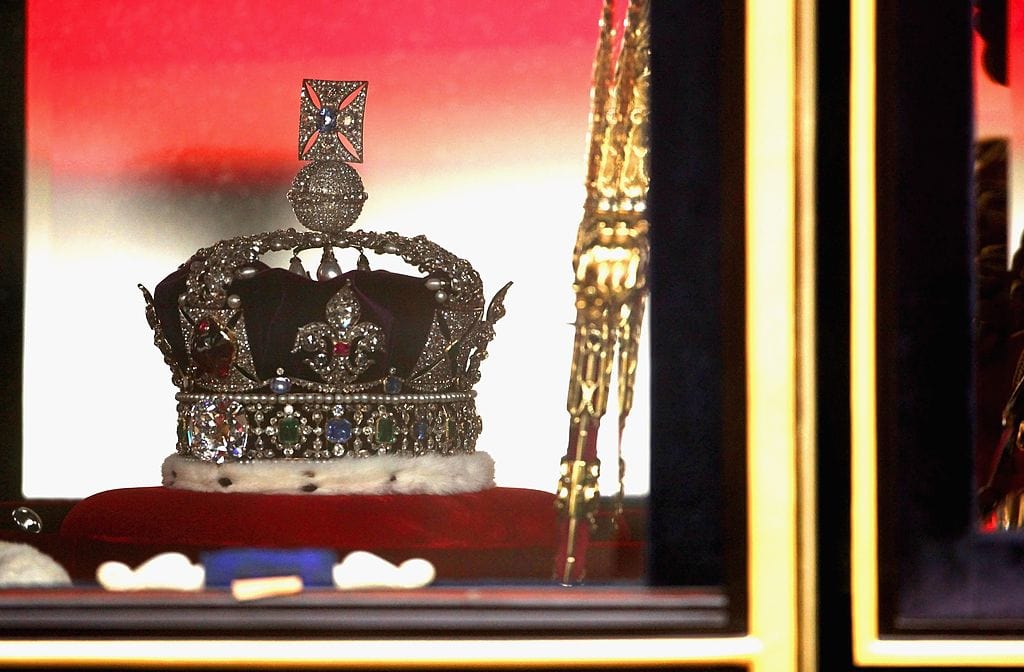
As the Daughters’ Rights campaign gains traction, the question remains whether these ancient traditions will evolve.
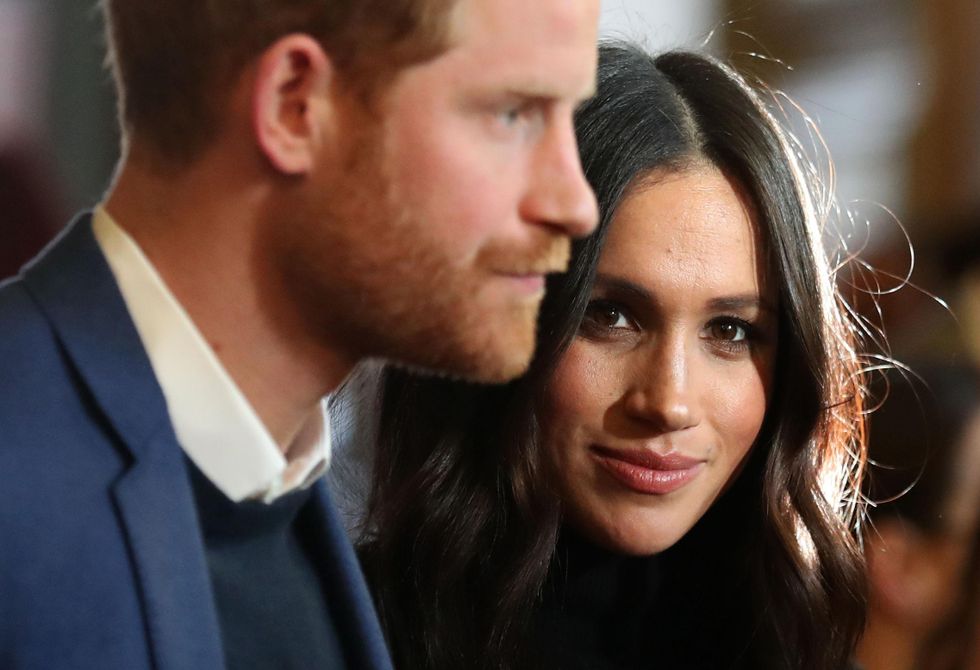
With prominent figures and public opinion increasingly supporting equality, the pressure on traditionalists mounts.
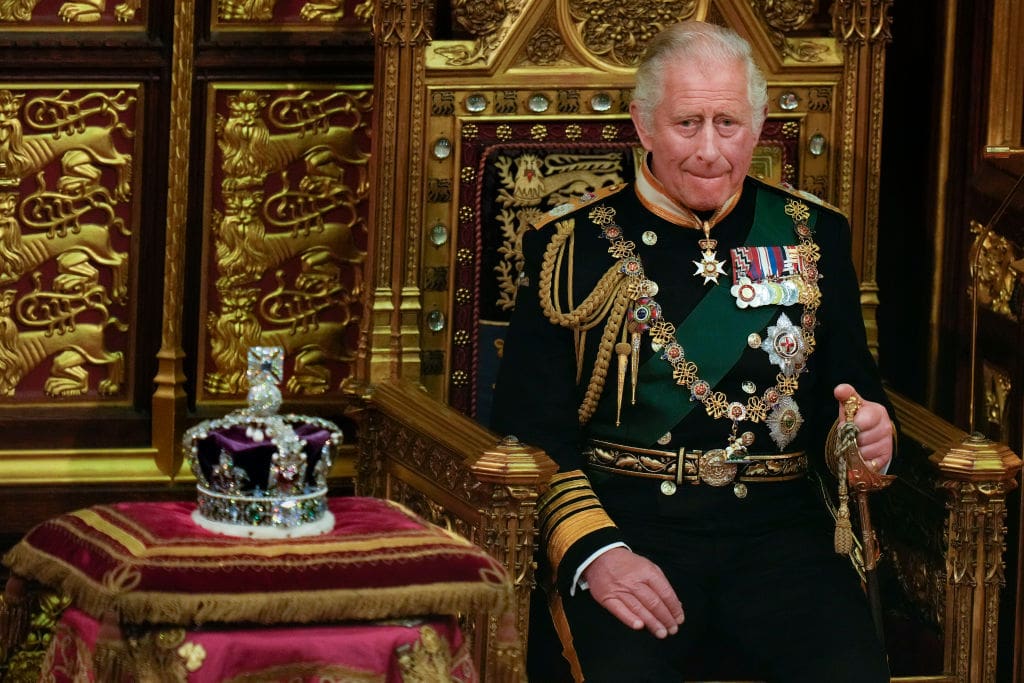
Only time will tell if the aristocracy can adapt to the modern era, embracing fairness and equality in inheritance practices.



